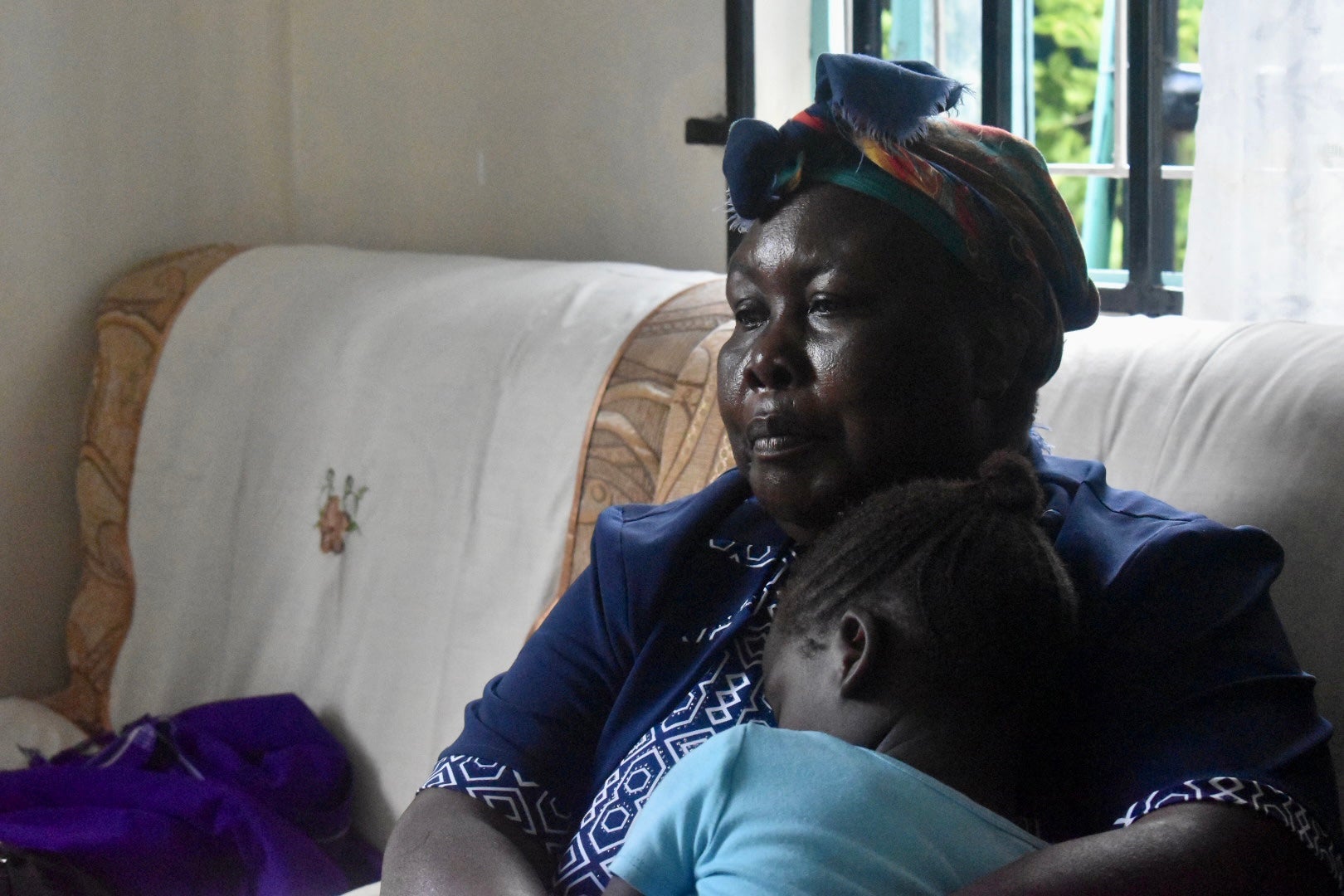Kenya's growing call for more GBV shelters
Date:
Gender-based violence (GBV) is an ongoing crisis in Kenya, yet the vast majority of the country’s shelters are run by human rights defenders (HRDs) and civil society organisations. As HRDs dedicate their time to supporting survivors, they are also calling for major investments to establish more shelters – a call that is beginning to be answered.

“The girl is on her way; she should arrive in 15 minutes,” explains Margaret Mbira after she receives a phone call from a child protection officer. Margaret is a HRD with the Women Concern Center in Kisumu, and has been providing sanctuary for GBV survivors in her homestead for 17 years. She continues, “this girl’s father took a machete and killed the mother. The child was rescued, treated, and is presently on her way to the centre.”
The need for shelters and safe spaces for survivors of GBV in Kenya is urgent. According to a recent status report, issued by the country’s Generation Equality Secretariat, there were 54 operational shelters and rescue centers in only 18 out of Kenya’s 47 counties – only two managed by the Government. With 1 in 3 Kenyan women experiencing physical or sexual violence, the lack of shelters is putting lives at risk. Privately run shelters provide critical services such as temporary housing, counseling, and legal support and even skills training to increase survivor’s economic empowerment.
Survivors now have a place to sleep
Margaret’s safe space usually relies on the local community to provide essential commodities but is one of five shelters in the region that has received essential commodities and goods through UN Women partnership with UN Human Rights (OHCHR) and the support of Government of Ireland. “The beds, mattresses, blankets, and food, will go a long way. I won't worry about where the girls will sleep when the shelter fills up,” confirms Margaret.
UN Women Kenya has distributed essential commodities to shelters in Kisumu, Bungoma, and Vihiga counties which, according to Jill Clements, Ireland's Deputy Head of Mission in Kenya, "addresses security risks and enhances protection for women and girls. This is in line with Ireland's policy on international development and the guidelines developed by the National Gender Equality Commission and the State Department for Gender and Affirmative Action."
Jael Abukutsa is a HRD and GBV survivor, in Vihiga County. In January 2023 she founded the Blessed Safe Haven Shelter with help of a friend which now has two pro bono lawyers to assist survivors in obtaining justice. Her shelter is another recipient of the project as she explains, “right now we have ten survivors here,” while cuddling 4-year-old Malakia*, the youngest survivor at her shelter. “We had to rely on well-wishers and other HRDs but these items make me so happy because many of the girls will now have a place to sleep.”
A call that cannot be ignored
The women HRDs and survivors networks have decried the heavy responsibility left to them to provide shelter and basic services. According to Christine Okeno, UN Women Kenya Ending Violence Against Women and Girls (EVAW) Analyst:
“This burden is particularly heavy for women HRDs and survivors who are often already dealing with their own trauma and personal safety concerns, yet often expected to provide care and support in addition to their other responsibilities. The lack of shelters also perpetuates a cycle of violence, as survivors may be forced to return to their abusers due to the absence of alternative options."
Kisumu County Government is one of those leading the response. Through the project's continued advocacy, the county government has agreed to allocate land and an initial 5,000,000 KSH [USD 35,000] to establish its first GBV shelter – a move that will encourage other counties in the region to emulate. As Kenya's gender equality activists continue to push for more and better services, Margaret and Jael intend to expand their own shelters to reach even more individuals in need.
*The name has been changed to protect the identity of the survivor.
Let it Not Happen Again is a project supported by the Government of Italy, through the Italian Agency for Development Cooperation (AICS), and the Government of Ireland. It approaches prevention and response challenges to election-related violence on multiple levels: through mapping of GBV hotspots, contingency planning, and coordination mechanisms. Since 2019 it has also empowered grassroots organizations, including HRDs, to support survivors’ access to GBV services while strengthening law enforcement, the legal system, and policy development.